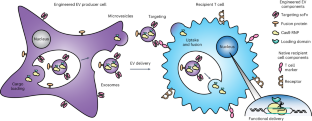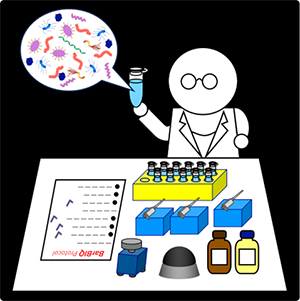2023-11-22 ワシントン大学セントルイス校
◆これは将来の神経変性疾患の治療において有望な治療法の候補となる可能性があります。研究はネイチャー・バイオメディカル・エンジニアリング誌に掲載され、コレステロールと認知症の関連性についての新しい理解を提供しています。
<関連情報>
- https://source.wustl.edu/2023/11/lowering-a-form-of-brain-cholesterol-reduces-alzheimers-like-damage-in-mice/
- https://www.cell.com/neuron/fulltext/S0896-6273(23)00804-8
LXRアゴニストによるタウとApoE4に関連したグリア脂質の蓄積と神経変性の改善 Amelioration of Tau and ApoE4-linked glial lipid accumulation and neurodegeneration with an LXR agonist
Alexandra Litvinchuk,Jung H. Suh,Jing L. Guo,Karin Lin,Sonnet S. Davis,Nga Bien-Ly,Eric Tycksen,G. Travis Tabor,Javier Remolina Serrano,Melissa Manis,Xin Bao,Choonghee Lee,Megan Bosch,Enmanuel J. Perez,Carla M. Yuede,Anil G. Cashikar,Jason D. Ulrich,Gilbert Di Paolo,David M. Holtzman
Neuron Published:November 22, 2023
DOI:https://doi.org/10.1016/j.neuron.2023.10.023
Highlights
•Lipidomic profiling reveals changes in cholesterol metabolism in P301S/ApoE4 mice
•LXR agonist GW3965 decreases tauopathy and neuroinflammation in P301S/E4 mice
•LXR agonist upregulates Abca1 and reduces lipid accumulation in vivo and in vitro
•Abca1 overexpression mitigates tauopathy and neuroinflammation in P301S/ApoE4 mice
Summary
Apolipoprotein E (APOE) is a strong genetic risk factor for late-onset Alzheimer’s disease (LOAD). APOE4 increases and APOE2 decreases risk relative to APOE3. In the P301S mouse model of tauopathy, ApoE4 increases tau pathology and neurodegeneration when compared with ApoE3 or the absence of ApoE. However, the role of ApoE isoforms and lipid metabolism in contributing to tau-mediated degeneration is unknown. We demonstrate that in P301S tau mice, ApoE4 strongly promotes glial lipid accumulation and perturbations in cholesterol metabolism and lysosomal function. Increasing lipid efflux in glia via an LXR agonist or Abca1 overexpression strongly attenuates tau pathology and neurodegeneration in P301S/ApoE4 mice. We also demonstrate reductions in reactive astrocytes and microglia, as well as changes in cholesterol biosynthesis and metabolism in glia of tauopathy mice in response to LXR activation. These data suggest that promoting efflux of glial lipids may serve as a therapeutic approach to ameliorate tau and ApoE4-linked neurodegeneration.
Graphical abstract



